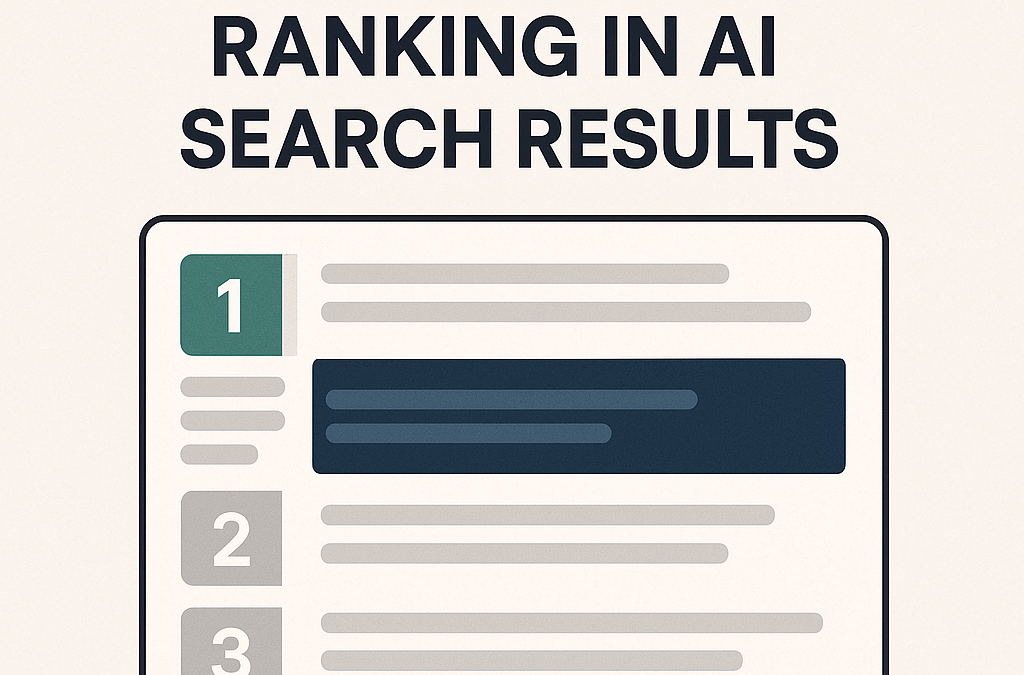Digital marketing has become a crucial aspect of any business’s marketing strategy. As we approach the end of the year, it is important to start thinking about the digital marketing planning you can do for next year. In this article, we will explore some of the key elements of a successful digital marketing plan and provide some tips to help you get started.
Conduct a Digital SWOT Analysis
The first step in developing a digital marketing plan is to conduct a digital SWOT analysis. This analysis should focus on your company’s online presence, including your website, social media channels, email marketing, and other digital assets. By analyzing your strengths, weaknesses, opportunities, and threats in the digital space, you can develop strategies to improve your online presence, reach your target audience, and achieve your marketing goals.
Set SMART Digital Marketing Objectives
Once you have completed your digital SWOT analysis, the next step is to set SMART digital marketing objectives. These objectives should be specific, measurable, achievable, relevant, and time-bound. They should be aligned with your company’s overall business goals and address any weaknesses or opportunities identified in your digital SWOT analysis. Examples of digital marketing objectives include increasing website traffic, improving social media engagement, or generating more leads through email marketing.
Define Your Digital Target Audience
Your digital target audience is the group of people or businesses that are most likely to engage with your online content and become customers. To effectively market to your digital target audience, you need to understand their online behavior, preferences, and needs. Conduct digital market research to gather information about your target audience, such as their demographics, interests, and online behaviors. Use this information to create a digital buyer persona, which is a representation of your ideal digital customer.
Develop Your Digital Marketing Strategy
Your digital marketing strategy outlines how you will achieve your digital marketing objectives. It should include the digital tactics you will use to reach your target audience, such as search engine optimization, social media marketing, content marketing, email marketing, and digital advertising. Your strategy should also include your budget, timelines, and metrics for measuring success. Make sure your digital marketing strategy is aligned with your overall business strategy and that you are using the most effective digital tactics for reaching your target audience.
Create a Digital Content Marketing Plan
Digital content marketing is an effective way to attract and engage your target audience online. Create a digital content marketing plan that outlines the types of content you will produce, such as blog posts, videos, infographics, or whitepapers. Identify the topics that are most relevant to your digital target audience and create a content calendar that outlines when each piece of content will be published. Make sure your digital content is high-quality, relevant, and provides value to your target audience.
Implement Your Digital Marketing Plan
Once you have developed your digital marketing plan, it’s time to implement it. Assign responsibilities to your team members, set timelines, and track progress against your objectives. Use digital analytics tools to monitor the performance of your digital tactics, and make adjustments as needed. Regularly review your digital marketing plan to ensure it is still aligned with your business goals and that you are achieving the desired results.
Digital marketing planning is critical for the success of any business’s online presence. By conducting a digital SWOT analysis, setting SMART digital marketing objectives, defining your digital target audience, developing a digital marketing strategy, creating a digital content marketing plan, and implementing your plan, you can increase your chances of achieving your digital marketing goals. Remember to regularly review and adjust your digital marketing plan to ensure you are on track to achieving your overall business goals.









